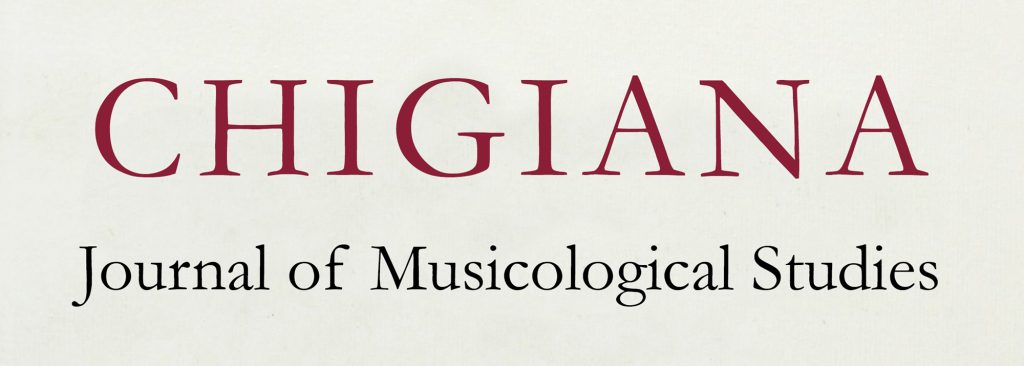
Critical Abuse and the Death of Maria Malibran
Hilary Poriss
Maria Malibran (1808-1836), the most famous opera star of her day, suffered a violent, protracted, and gory death. From the moment she passed away at the shockingly young age of 28, her final moments become the stuff of widespread obsession anchored in one question: how could this inexplicable loss of Europe’s most dazzling theatrical jewel be comprehended? While early critics targeted a number of potential culprits (her husband, the doctors who failed to heal her, demanding audiences), the rationalization that proved most enduring was, in fact, a fantasy, the idea that as a suffering artist, her death was both natural and preordained.
This romanticization of Malibran’s death has had the troubling effect of obscuring some unsavory failings of the musical culture in which she was born and raised. Specifically, throughout her childhood, she was subject to abuse by her father, Manuel Garcia, who disciplined her severely as an integral component of her musical training. This paper attempts to shed light on this early childhood trauma, its long-term psychological effects, and its possible connections to her final days. My goal is to explore and expand upon aspects of her biography that have hitherto been hidden or misunderstood and to more fully comprehend the full, and sometimes troubling pedagogical context in which she became one of the most celebrated vocalists of her day.
Maria Malibran (1808-1836), la più famosa cantante d’opera del suo tempo, morì dopo una lunga e violenta sofferenza. La sua scomparsa, all’età di soli 28 anni, lasciò attonito il suo vasto pubblico, che si interrogò a lungo sull’inspiegabile perdita della stella più luminosa dei teatri europei. Mentre i critici prendevano di mira una serie di potenziali responsabili (il marito, i medici che non riuscirono a guarirla, il pubblico esigente), cominciò a diffondersi anche una spiegazione più fantasiosa, secondo la quale la morte di un’artista tormentata era un evento predeterminato che rientrava nell’ordine naturale delle cose.
La versione romanzata della morte della Malibran finì per oscurare alcuni aspetti inquietanti della cultura musicale del suo tempo. In particolare, durante la sua infanzia la cantante fu soggetta a maltrattamenti da parte del padre, Manuel Garcia, che considerava la severità e la disciplina come ingredienti fondamentali della formazione musicale. Questo intervento cerca di fare luce su questo trauma infantile e sui suoi effetti psicologici a lungo termine, anche in relazione agli ultimi giorni di vita della cantante. L’obiettivo è quello di approfondire alcuni aspetti della sua biografia che sono stati finora occultati o fraintesi, e di comprendere più a fondo il contesto pedagogico generale, e per molti aspetti problematico, in cui si è formata una delle più celebri cantanti del suo tempo.
